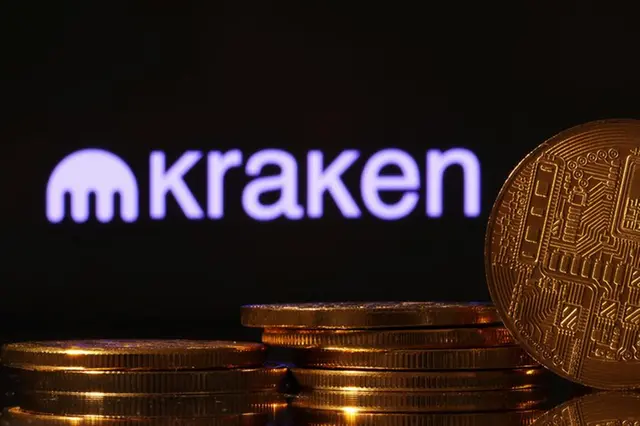After a period of turmoil in the global cryptocurrency market, during which prices dropped steadily and numerous well-known companies went bankrupt, the UAE cryptocurrency market has seen its own transformation.
Kraken announced the suspension of its AED services earlier this month, while FTX was engulfed in a worldwide controversy and declared bankruptcy before it could establish a foothold in the area last year.
Given that both Dubai and Abu Dhabi want to become cryptocurrency centres, how significant would these alterations be for the UAE’s crypto scene?
“It is extremely essential not to concentrate on crypto-exchanges,” said Jehanzeb Awan, Chairperson of the Crypto and Blockchain Association, Middle East, Africa, and Asia. “There will always be change in crypto blockchain since it is a young and emerging industry” (MEAACBA).
“They are really just a little piece of the ecology,” Awan went on to say. We anticipate an increase in both new ventures and shutdowns within the GCC/UAE market, but robust expansion overall.
According to Awan, the United Arab Emirates (UAE) is a pioneer in several aspects of the blockchain industry.
He remarked, “This strategy is assisting in stimulating the industry across the area.” Central Bank Digital Currencies (CBDCs) are being explored by governments including the Kingdom of Saudi Arabia, but “each country will need to advance at the speed it is most comfortable with.”
This is why major corporations are going to Asia, Africa, and the Middle East rather than the West Coast of the United States, he added, since these regions provide the ideal places for them in terms of legislation, support, and innovation.
To be the lone survivor
As a result of FTX and Kraken leaving the UAE, the remaining exchanges may find more success. Binance, which received its first licence in Dubai in March 2022 and its Financial Services License from Abu Dhabi in November, is a prime example.
“Being the last operational firm in a certain region is effectively a tremendous chance to grow brand recognition, increase operations, and draw partners and clients,” said Achraf Drid, Managing Director of online brokerage XTB MENA.
More investors and traders in the United Arab Emirates and worldwide have faith in crypto companies that have weathered the recent wave of failures and bankruptcy in the sector. A firm’s regional presence might be strengthened by these variables, at the expense of competitors that opt out.
Regulation
Drid claims that most traders and investors place a premium on rules and regulations. With the recent demise of many large cryptocurrency exchanges and lenders, this is especially true.
If you do business in the United Arab Emirates, it may be beneficial for your trading partner or intermediate institution to be regulated by the country’s government. This would ensure that your money is safe while it is being kept in the UAE.
He speculated that the confidence problem that has been afflicting the market may be exacerbated if major market participants reduced their operations or put growth plans on hold.
The fact that a company is subject to oversight gives its clients peace of mind, guarantees that the company follows industry standards, combats money laundering, safeguards its customers’ monies, and so on.
As a result of the recent failure of many significant multinational cryptocurrency enterprises, counterparty risks have become apparent. Tight monitoring and regulation help mitigate these risks. Each trader must decide for themselves whether or not they have faith in the regulatory body that controls their counterparty. Hence, if the counterparty is regulated in any respectable country, it provides an added layer of safety for traders,” he said.
